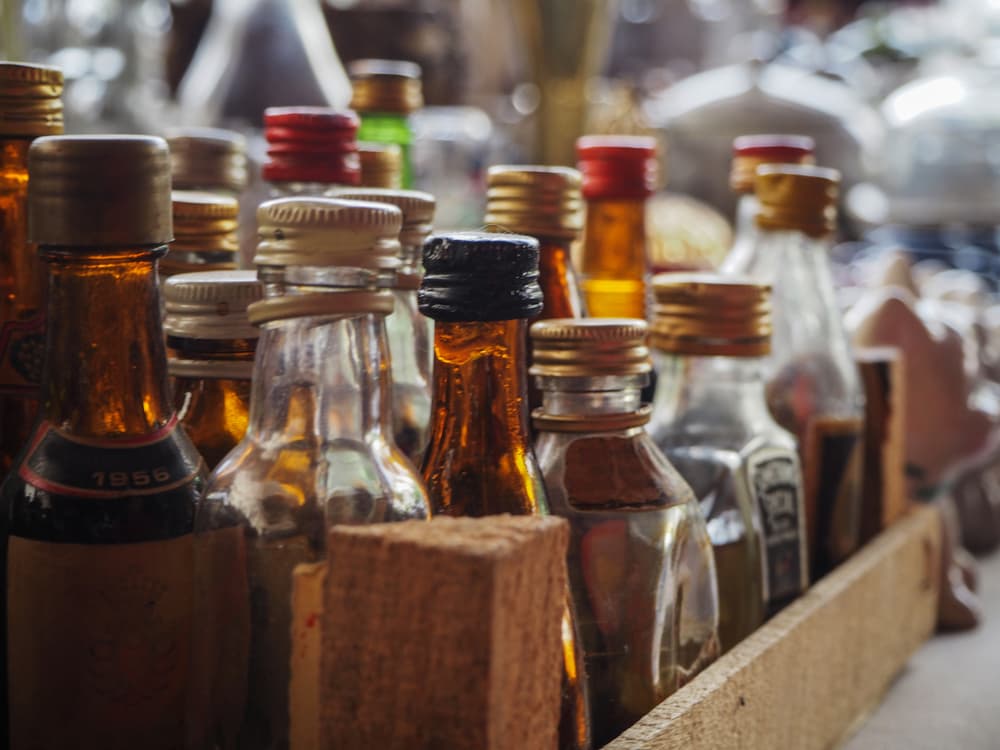
If you have suffered an injury in a drunk driving accident, the law may hold more than just the driver responsible for what happened to you. More than one person or entity may have played a role in the drunk driving accident. The motorist may have been driving while inebriated, but others may have had a part in putting them in the position where they caused injuries.
Dram shop liability is a legal concept that holds bars, restaurants, and other establishments accountable for serving alcohol to visibly intoxicated individuals who then cause harm to others. It is important to note that a bar is not automatically responsible for accidents caused by every patron who drinks at its establishment. However, there needs to be some level of guilt beyond selling alcohol because serving drinks when a dram shop has a liquor license is not illegal.
Dram shop liability attaches when the establishment wrongfully sells alcohol to a customer. These laws have been in some form in many states since the nineteenth century. When a bar or restaurant serves alcohol, it owes a duty of care to the broader world, given its potential dangers. It has some responsibility to restrict service under certain circumstances, or it can be legally responsible.
Dram shop liability can raise complicated issues in drunk driving cases, but it is necessary to address the possibility of this type of liability. Allow a Pennsylvania car accident lawyer to review your case as soon as possible.
Pennsylvania Dram Shop Laws
In some states, dram shop laws are part of common law negligence, where the bar owner owes a general duty of care to the public. In Pennsylvania, specific laws can make bars liable when their actions contribute to an accident. The state passed these laws in 1951, and accident victims have sued bars and other establishments since then.
Pennsylvania § 4-493 covers “Unlawful acts relative to liquor, malt and brewed beverages and licensees.” The law explicitly makes it illegal to:
“sell, furnish or give any liquor or malt or brewed beverages, or to permit any liquor or malt or brewed beverages to be sold, furnished or given, to any person visibly intoxicated, or any minor.”
4-497 creates your legal right of action to sue the bar, restaurant, or liquor store serving the customer. This law states:
“No licensee shall be liable to third persons on account of damages inflicted upon them off of the licensed premises by customers of the licensee unless the customer who inflicts the damages was sold, furnished or given liquor or malt or brewed beverages by the said licensee or his agent, servant or employee when the said customer was visibly intoxicated.”
When You Might Sue Establishments for DUI Accidents
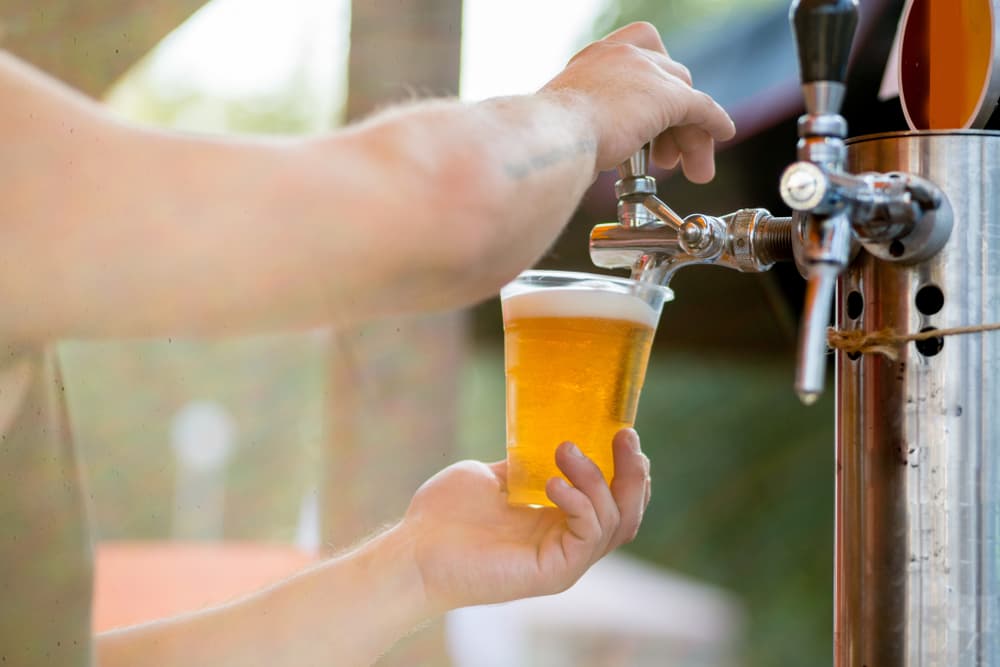
There are several circumstances in which you can sue an establishment or individual that served alcohol to the driver who injured you:
- A customer walks into the bar drunk, and the staff serves them alcohol, or the staff continues to serve the patron when it is obvious that they are intoxicated.
- A store or establishment serves any alcohol to a minor (although there is no statute on point, the Pennsylvania Supreme Court provided for civil liability when an establishment serves a minor alcohol and they are involved in a motor vehicle crash).
- A private host, such as at a social event, continues to serve intoxicated guests (there are separate social host laws). Thus, if a driver drinks at their friend’s house, you can sue that host if they continue serving their intoxicated guest.
It is always worth investigating whether there is another potential defendant to sue. You can maximize your compensation if there are additional pockets to go after in a lawsuit.
What Establishments Need to Do When Serving Alcohol
Servers and employees need to closely look at people who are ordering alcohol, especially those patrons who have been drinking for an extended period. If the staff notices signs of apparent intoxication, they need to cut off the customer and stop serving them alcohol. Some signs of intoxication include:
- Inability to speak coherently
- Unable to walk straight
- Bloodshot or glassy eyes
- Belligerent behavior
- Outlandish or changed behavior
- Falling asleep at the bar or table
Servers need to receive training to spot behaviors indicating a customer is drunk. The bar or establishment should have policies and procedures that staff should follow when serving alcohol. A lack of knowledge or training may not be enough to allow the establishment to escape liability in a lawsuit. Their staff cannot pretend not to notice or plead ignorance when a customer is clearly drunk. Unfortunately, bars and restaurants want to maximize their revenue, and they may get the bulk of their money from alcohol sales.
Proving a Dram Shop Lawsuit
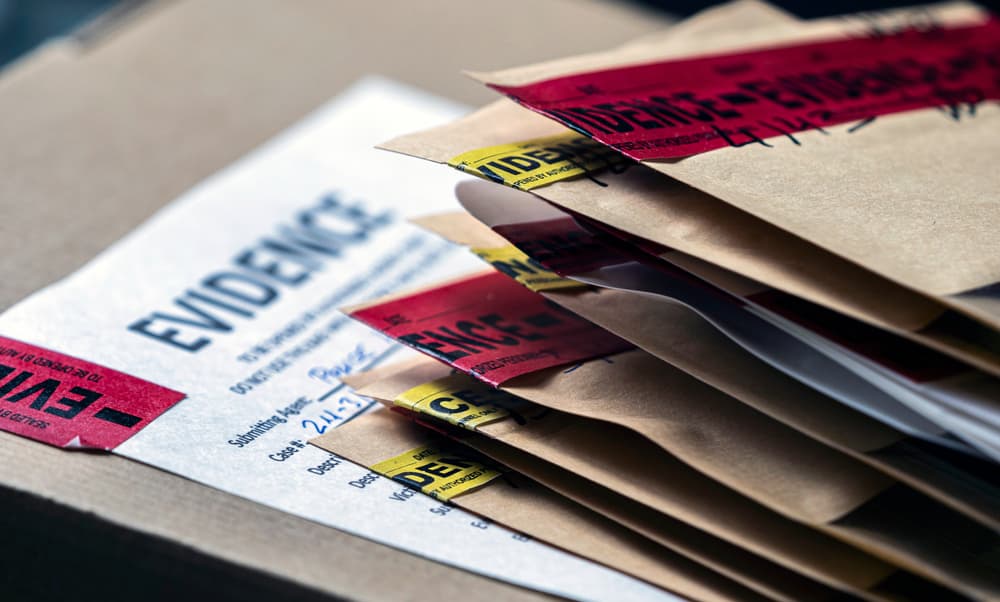
Dram shop cases can be complicated to prove and win. Essentially, you have to demonstrate what the staff knew or should have known based on the circumstances. You do not necessarily need to have smoking gun evidence that shows that the staff knew that the customer was drunk. For example, if you can obtain a copy of the driver’s bill at the bar showing that they consumed ten drinks, you can presume that the staff kept serving them while intoxicated.
There are several ways that you can prove a dram shop case. Your car accident lawyer will need to conduct a comprehensive investigation because everything depends on the facts and circumstances of your case. Some sources of evidence include:
- Testimony from people who were in the establishment at the time that the customer was benign served
- Security camera footage from the store or establishment
- A copy of the bill that can show how much alcohol the patron consumed
- Testimony from an expert witness who can give an opinion about the level of intoxication from specific amounts of alcohol
Some of this evidence may be in the hands of the establishment itself, and it will certainly not willingly hand it over to you. You must file a lawsuit against the establishment and then request it in the discovery process. Your car accident attorney may speak to the establishment’s employees and pose factual questions during their deposition.
The Question Is Whether the Driver Was Visibly Intoxicated When the Establishment Was Serving Them
In a dram shop case, the question is often about what a reasonable employee should have seen when serving alcohol to the customer. The law has a section about “visible intoxication.” The establishment’s employees will undoubtedly claim they did not notice anything unusual about this particular customer they were serving.
There is often a point where a jury may not look at things from the employee’s subjective point of view. In many cases, a reasonable person will objectively know that someone was intoxicated based on the sheer amount of alcohol that they consumed. For example, suppose a patron consumed a dozen beers. In that case, there is a very high probability that they will be visibly intoxicated, or at least they should appear that way to a reasonable person.
Usually, your case will come down to direct testimony about what the staff saw while serving the customer. The questions will center on what staff noticed about how the patron acted at the time. However, you can also introduce circumstantial evidence to help prove your case.
When You Should File a Dram Shop Lawsuit
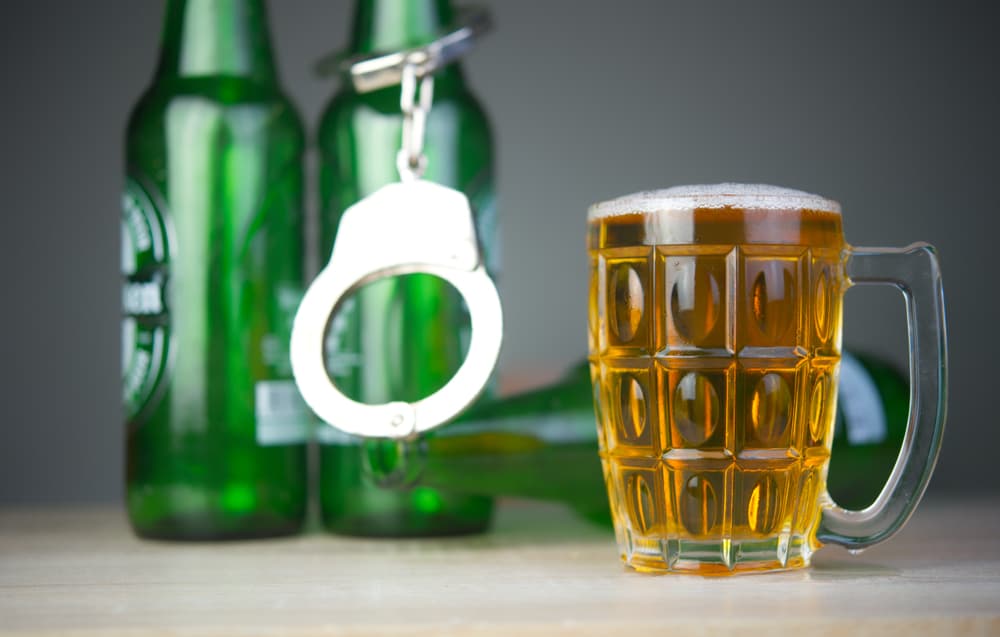
If a drunk driver has injured you or you have suffered harm due to the actions of an intoxicated person, it's crucial to understand your options for seeking compensation. An experienced car accident attorney can guide you through the complexities of dram shop liability laws and help you navigate the legal process to ensure you receive the justice and compensation you deserve.
When someone else has injured you in a drunk driving accident, there may be a limited amount of money that you can recover financially. The driver has a certain amount of car insurance coverage, with a policy limit for the damages you can get paid. The driver can be personally liable to you, but collecting a judgment in a personal injury case is very difficult. You may only collect a little over time, and the driver can declare Chapter 7 bankruptcy to escape the judgment. Finally, you can file a claim against your underinsured motorist coverage to pay for some of the damages above the driver’s policy limit.
If you file a dram shop lawsuit, you can access a “deeper pocket” to pay more damages. Chances are that an establishment will have more insurance coverage than a random driver on the road. They may also have assets you can go after to pay a judgment, such as a corporate account or even their real estate. Dram shop lawsuit settlements can be substantial because the defendant has the finances to pay for them. Thus, it makes sense for your car accident lawyer to do some extra investigation to see if there is anyone else you can sue for the accident.
Damages in a Dram Shop Lawsuit Case
You may deserve substantial damages in your dram shop lawsuit. The elements of your damages may include:
- Medical expenses
- Lost income
- Property damage
- Pain and suffering
- Loss of enjoyment of life
- Scarring and disfigurement
- Embarrassment and humiliation
If a loved one died in a DUI accident, your family could name the establishment that served the liquor in a wrongful death lawsuit. Then, you can receive compensation for your losses from the personal injury you suffered when your loved one suddenly died.
In general, there is more of a chance of punitive damages when there is an accident involving alcohol. In the usual personal injury case, it is infrequent for a jury to award a plaintiff punitive damages. However, juries may be more likely to award punitive damages when a high degree of fault involves a corporate defendant. Punitive damages can increase the amount of compensation you receive in a lawsuit.
Why You Need a Car Accident Attorney for a Dram Shop Lawsuit
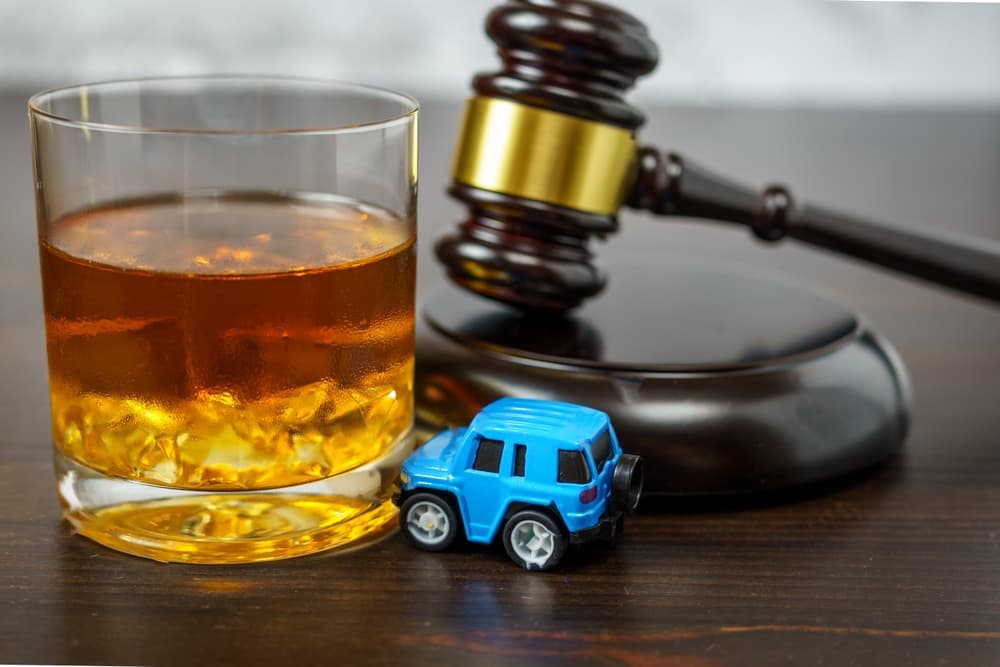
Dram shop lawsuits require intensive factual investigation. First, you need to know where the driver drank before the accident. Then, you need to compile extensive evidence that shows that the establishment knowingly served alcohol to a visibly intoxicated patron. The fact that the driver was drinking at a bar before the accident does not automatically mean they are liable.
An experienced attorney can do the following in a dram shop lawsuit:
- Investigate to learn where the driver was consuming alcohol or who sold it to them
- Gather evidence that can prove what the establishment knew or should have known
- File a lawsuit on your behalf against the store or establishment
- Continue to build your case through the discovery process
- Negotiate a potential settlement with the defendant
- Try your case in court if you cannot reach a settlement agreement
If your attorney can build a strong case, you will have far more leverage in settlement negotiations. A large jury verdict can put a bar out of business, no matter how much insurance coverage it has. The defendant may not want to take the chance to fight your case in a trial.
Car Accident Lawyers Do Not Charge Anything Upfront
You should hire a car accident attorney immediately after your car accident. Many leads can vanish over time if you do not move quickly to investigate and gather all available evidence. Remember that your case depends on witness recollections and other physical evidence that can disappear if your attorney does not instruct the potential defendant to retain the evidence.
Money is not an obstacle to getting the quick legal help you need. When you hire an attorney, all you need to do is one thing, which does not include writing a check to the car accident lawyer for an advance payment of fees. You sign a representation agreement that promises to pay the attorney a percentage of the proceeds of your case should you win. That is enough for the attorney to get started on your case immediately.
Don't let the negligent actions of a drunk individual or a careless establishment go unpunished. Protect your rights by consulting a skilled attorney who can help you hold the responsible parties accountable for their actions. Remember, you don't have to face the legal process alone - a personal injury lawyer will stand by your side and fight for your best interests every step of the way.
